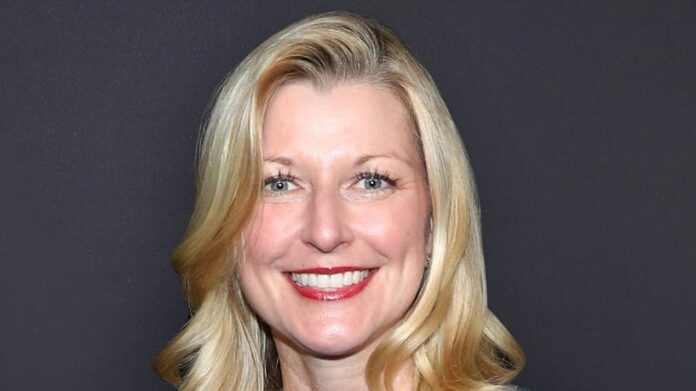The American Society of Composers, Authors and Publishers (ASCAP) has reached a settlement agreement with the Radio Music License Committee (RMLC) that will see higher royalty rates paid by almost 10,000 commercial terrestrial radio stations in the United States.
The deal covers the public performance of more than 20 million musical works in ASCAP’s repertory across AM/FM radio stations nationwide.
ASCAP CEO Elizabeth Matthews said: “This deal locks in an important royalty stream for our members at higher rates. It will deliver enhanced benefits, payments and financial certainty to ASCAP songwriters, composers and publishers, which is important to ensuring their creative and economic health and security now and in the future.”
The settlement includes year-over-year increases in the percentage of revenue rate paid by radio stations to publicly perform music by ASCAP members.
ASCAP claims the agreement better reflects how AM/FM radio stations currently broadcast and transmit music to listeners, while recognizing distinctions between terrestrial radio and internet music services.
The announcement comes on the same day that rival performing rights organization BMI revealed it had secured what it called its “largest rate increase ever” for radio royalties in the United States, following its own settlement with the RMLC.
ASCAP’s growing revenues
ASCAP represents more than one million songwriters, composers and music publisher members. The organization reported record-high financial results in 2024, with $1.835 billion in revenues and $1.696 billion available in royalty distribution monies to members.

Over the past nine years, ASCAP has delivered a 7% compound annual growth rate for total revenues and an 8% compound annual growth rate for total royalty distributions to members, according to the organization.
ASCAP operates on a not-for-profit basis.
Radio licensing landscape
The settlement covers licensing fees collected from hundreds of thousands of businesses that use music, including streaming services, cable television, radio and satellite radio, plus brick and mortar businesses such as retail stores, hotels, clubs, restaurants and bars.
ASCAP’s blanket license system allows businesses to legally perform music from its repertory while ensuring songwriters and composers receive payment for the use of their works.
The organization processes and pays royalties to members for what it describes as trillions of performances every year, using technology to identify, match and distribute payments across its vast catalog.
Both ASCAP and BMI settlements with the RMLC represent significant developments in the ongoing negotiations between performing rights organizations and radio broadcasters over royalty rates in the United States.
The Radio Music License Committee represents commercial radio stations in rate negotiations with performing rights organizations, serving as a collective bargaining entity for the terrestrial radio industry.
ASCAP thanked members of the RMLC Licensing Committee for their participation in reaching the settlement agreement, though specific details of the rate increases were not disclosed in the announcement.
The settlement ensures continued licensing of ASCAP’s catalog across the AM/FM radio landscape, maintaining access to both contemporary hits and classic songs across all musical genres for radio programmers and listeners.Music Business Worldwide


